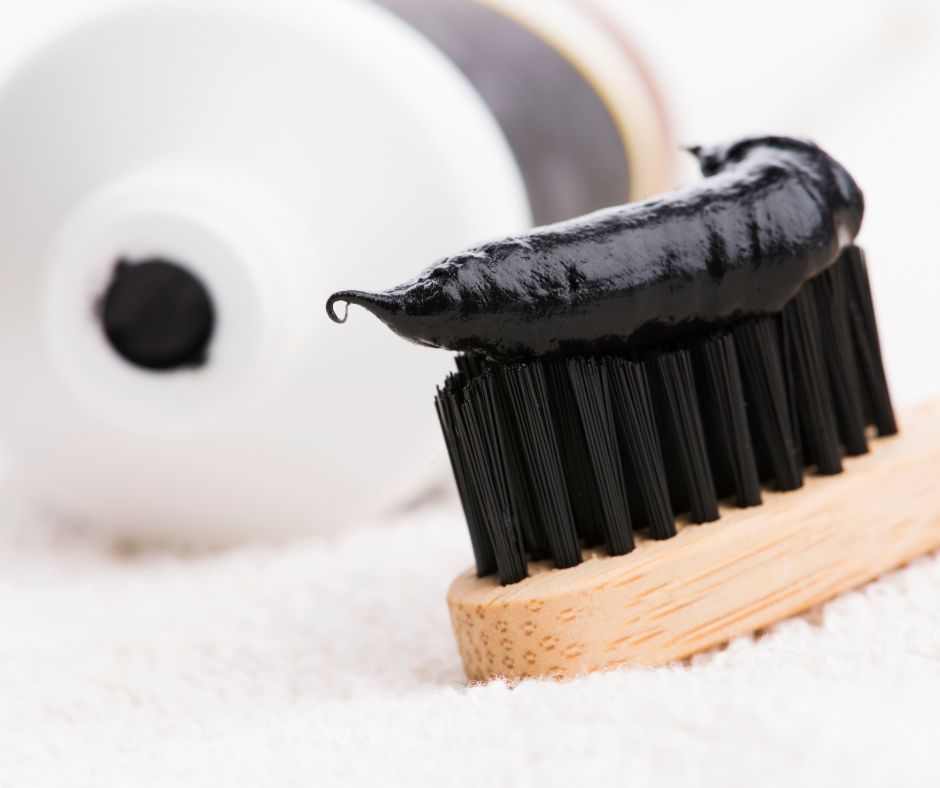Charcoal Toothpaste: Does It Work?

Charcoal toothpaste, which is often marketed as a natural solution to clean and whiten teeth, may account for a portion of projected sales. With little research supporting claims that charcoal toothpaste can whiten teeth effectively and even less available confirming its safety, some dental professionals are hesitant to recommend it to their patients. Continue reading for a glimpse into the science behind this black toothpaste and its potential effects on your dental health.
What Is Charcoal Toothpaste And What Does It Do?
Charcoal toothpaste, often called black toothpaste, is made from activated charcoal, a product of heating charcoal in the presence of a gas, such as argon or nitrogen. When charcoal undergoes this chemical reaction, it develops small spaces—or pores—that trap chemicals and deposits, such as poisons. In fact, these pores make activated charcoal a go-to medical treatment for poison control: When activated charcoal is administered within one hour of ingesting toxins, research shows it can help reduce the absorption of the toxin.
Research doesn’t support these claims effectively, leading the American Dental Association (ADA) to recommend that people exercise caution when using this toothpaste.
How Does Charcoal Toothpaste Clean Your Teeth?
Because of charcoal’s abrasive nature,this toothpaste may offer cosmetic and health benefits by acting as a scrub and potentially absorbing surface-level stains. However, a higher abrasivity doesn’t necessarily equate to healthier teeth.
The purported whitening benefits of charcoal toothpaste are based on the charcoal’s capacity to absorb molecules responsible for dental staining because of its highly porous nature. However, removing surface stains is a more temporary fix than teeth whitening procedures at a dental office. Common culprits behind surface stains include coffee, red wine, tobacco and highly-pigmented foods. These stains on the enamel layer can typically be removed with proper brushing or surface whitening treatments. On the other hand, deeper intrinsic stains come from within the tooth and can result from weak enamel, the use of certain medications and trauma, among other reasons.